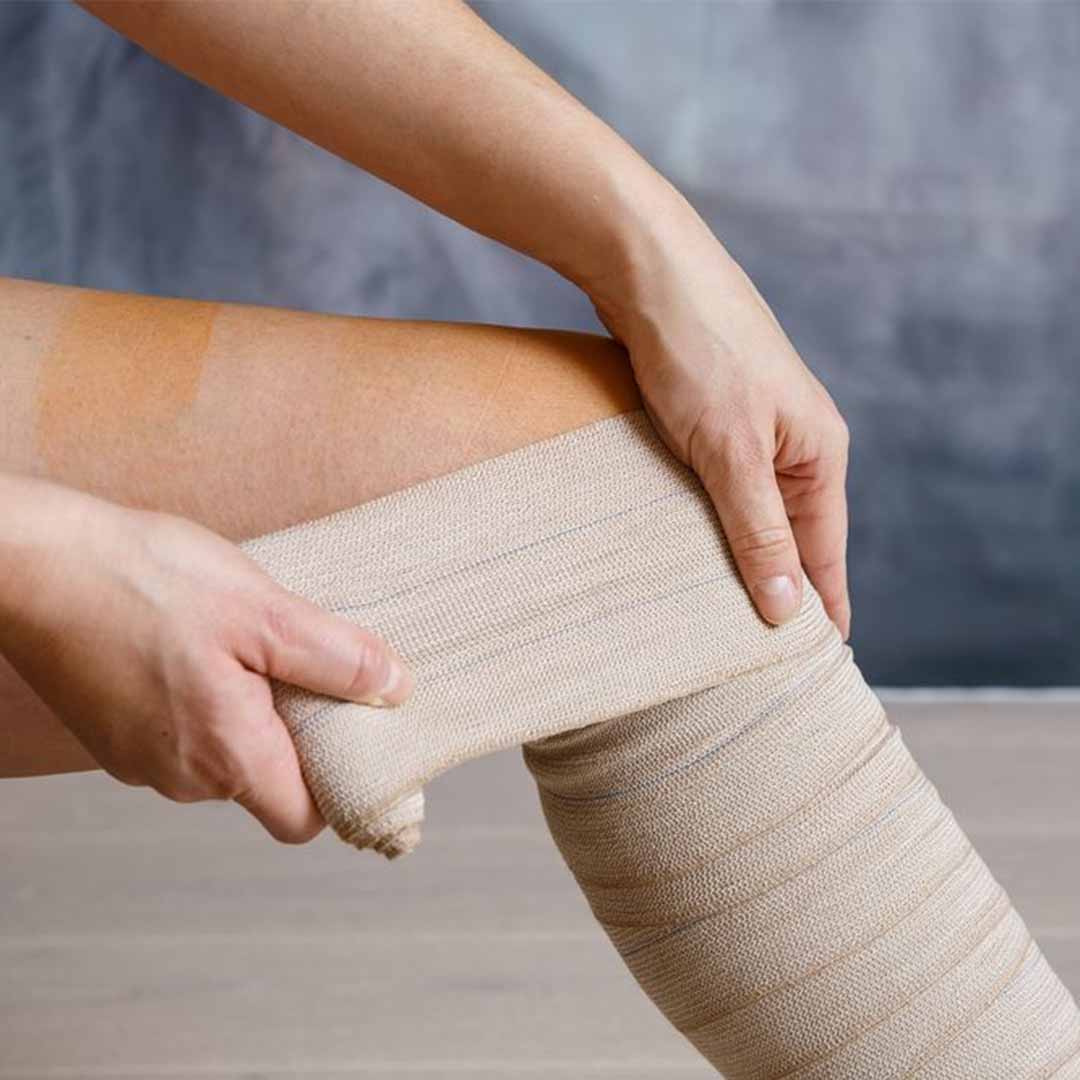Recent Blogs
- Do Varicose Veins Get Worse Without Treatment?
- Countless advantages of wearing compression garments.
- Choosing the Right Varicose Vein Doctor
- How Helpful Is Varithena For Varicose Veins?
- Deep Vein Thrombosis (DVT) vs Varicose Veins: What’s the Difference?
- World Mental Health Day 2019: Suicide Prevention
- Bulging Veins (Varicose Veins)- A part of Pregnancy
- Are Your Shoes Causing Varicose Veins?
- Patient Testimonial 3 | Avis Hiller | Varicose Veins Treatment
- Early Symptoms of Varicose Veins You Should Never Ignore
Published on: 14-Mar-2023

Varicose veins
during pregnancy are a common condition that affects many women. The swollen,
twisted veins can appear on the legs, feet, and sometimes in the vulva or
rectum. While uncomfortable, they are generally harmless and disappear after
pregnancy. However, it's essential to understand the causes and treatment and
ways to reduce the risk of developing them.
What Causes
Varicose Veins During Pregnancy?
Varicose veins are
caused by increased blood volume and pressure on the veins during pregnancy. The
uterus expands, and it puts pressure on the blood vessels in the legs, causing
blood to pool and veins to become swollen. Hormonal changes during pregnancy
can also weaken the walls of veins and make them more susceptible to becoming
varicose.
This is how to
Reduce the Risk of Varicose Veins During Pregnancy.
Exercising
Regularly:
Exercising
regularly can help improve circulation and prevent blood pooling in the legs.
Moreover, It is recommended to strive for a minimum of 30 minutes of moderate
activity every day.
Wear Compression
Stockings:
It can help improve
circulation and reduce the risk of developing varicose veins.
Avoid Standing Or
Sitting For Long Periods:
Avoid standing or
sitting for extended periods, as this can increase pressure on the veins and
increase the risk of varicose veins.
Sleep Correctly:
Lying on the left
side while sleeping can alleviate pressure on the veins and enhance blood
circulation.
Keep Legs Elevated:
Elevating your legs
whenever possible can help improve circulation and reduce swelling.
Symptoms And Treatment
Varicose veins can
cause a range of symptoms, including aching, itching, and swelling in the legs.
Although generally benign, they can cause discomfort and affect your quality of
life. The course of treatment for varicose veins during pregnancy is determined
by the degree of severity of the condition. In most cases, mild cases can be
managed with self-care measures such as regular exercise, wearing compression
stockings, and elevating the legs when possible. These measures can be
effective by improving circulation and decreasing the visibility of varicose
veins.
If the varicose
veins are severe, a doctor may recommend other treatments, such as
sclerotherapy or endovenous laser treatment (EVLT). During sclerotherapy, a
solution is injected directly into the vein to seal it, whereas EVLT employs
laser energy to heat and close it.
However, it's
important to note that some treatments for varicose veins are not recommended
during pregnancy, such as surgical procedures or radiofrequency ablation. It's
also essential to consult with a doctor before starting any treatment to ensure
that it's safe for both the mother and the developing baby.
In general, the
best approach to managing varicose veins during pregnancy is to focus on
prevention and self-care. Regular exercise, maintaining a healthy weight,
wearing compression stockings, and elevating the legs when possible can all
help reduce the risk of developing varicose veins and alleviate symptoms.
It's important to
discuss any concerns or symptoms you may have with your doctor. They can help
you determine the best course of treatment and guide you in managing your
varicose veins during pregnancy. Varicose veins during pregnancy are a common
condition that can cause discomfort and impact your quality of life.
Nevertheless, there are measures you can take to minimize the likelihood of developing
varicose veins, and there are also treatments that can help manage symptoms.
It's essential to talk to your healthcare provider if you have any concerns or
experience any symptoms. With proper care and management, you can minimize the
impact of varicose veins during pregnancy and maintain a healthy and
comfortable pregnancy.